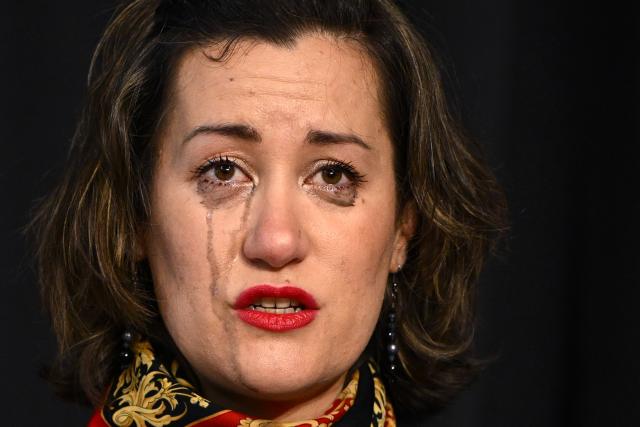
By Danielle Galvin
In the first few pages of the National Plan to End Violence Against Women and Children, there is a profound statement from victim-survivors.
The plan has been described across the sector as bold, ambitious, and world-leading – a line in the sand moment.
“It is time to transform our pain into action. There can be no more excuses – that it is too hard, we don’t know what to do, it’s too complex,” the statement from members of the Independent Collective of Survivors reads.
“It is everyone’s responsibility to end the perpetration of violence against women and children, and all victims of gendered violence.”
On 17 October, the Federal Government released the blueprint providing a broad snapshot of the domestic violence scourge in Australian society, as well as committing to a nation free from gender-based violence within a generation.
The plan will be implemented through two, five-year action plans which will detail specific state government actions and investment to implement the objectives across each of the four domains: prevention, early intervention, response, and recovery and healing.
The plan commits to 10 years of “sustained action, effort and partnership across sectors and levels of government”.
“To achieve this, we must listen to and be guided by victim-survivors and people with lived experience,” the plan states.
It’s well documented that in Australia one woman dies every 10 days at the hands of their former or current partner.
One in three women have experienced physical violence, since the age of 15, and one in five have experienced sexual violence.
The plan was developed with state and territory governments, victim-survivors, advocacy groups, specialised services, researchers as well as key stakeholders from the health, law, justice sectors, business and community groups.
Federal Social Services Minister Amanda Rishworth said it gives a clear blueprint for the next decade.
“Current rates of family, domestic and sexual violence are unacceptable. We want to make these changes now so the next generation of women and children can live in a society free from violence,” she said.
“We need sustained and collective action across society. This includes providing better support and protection to victim-survivors and holding people who choose to use violence to account,”
Professor Kate FitzGibbon, the director of the Monash Gender and Family Violence Prevention Centre, said domestic, family and sexual violence is a national crisis.
“This is world leading,” she said.
“It sets the ambition to create a whole of system response that not only supports victim-survivors to survive but to thrive beyond their experience of violence.
“This National Plan represents the outcome of significant consultation and advocacy nationally and sets an ambitious framework for the elimination of all forms of gender-based violence. Now is the time to translate these commitments into meaningful actions.”
While the plan is broad in nature, there are some specific, important threads.
One includes the need to increase response indicators, such as increasing the proportion of victim-survivors receiving suitable housing, increasing capacity of frontline services, as well as increasing the proportion of perpetrators held accountable through the justice system.
Victoria’s Minister for Prevention of Family Violence, Ros Spence, welcomed the plan.
“We’re proud to support the National Plan and we’re proud to be working alongside all Australian governments to ensure we end family violence and all forms of violence against women in a generation.
“We’re pleased to have a genuine partner in equality in the Albanese Labor Government and we look forward to working constructively with all governments to advance gender equality and end all forms of violence against women and children.”
**BREAK OUT BOX**
The National Plan includes a focus on:
– Advancing gender equality and addressing other forms of discrimination that create the social context in which violence against women and children occurs
_ The critical role of changing attitudes to stop violence from happening before it starts through national prevention efforts
– Embedding effective early intervention approaches across the whole of society
building the frontline sector workforce and ensuring women and children can access support no matter where they live
– Making sure tailored and culturally-safe support is available and accessible to all women and children experiencing violence, and
_ The need for person-centred services and better coordination and integration across systems.






